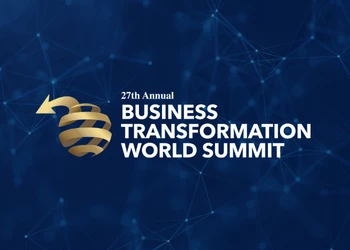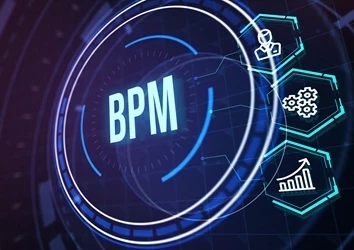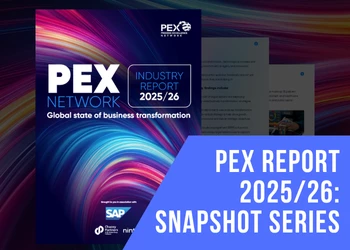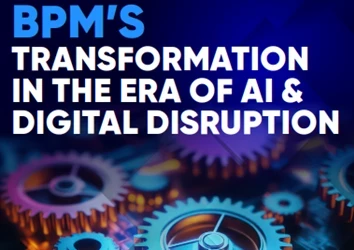K2’s CEO Adriaan Van Wyk on why too much process modeling is a waste of time
Add bookmarkMost BPM projects start with the process of mapping out your business processes. By drawing and capturing what’s really going on in your organization - so the thinking goes - you can identify opportunities for improvement. But is it time well spent? Not according to the guest in today’s Process Perspectives interview.
"Too much time is spent and wasted with people driving an outcome that is paper driven or static, rather than something that can be used directly in the organization," says Adriaan Van Wyk, CEO of K2 software in this special edition of Process Perspectives – part of PEX Network’s Boardroom Perspectives Interview series.In this interview Van Wyk talks about the importance of focusing on the real outcomes of BPM, the danger of "rip and replace" of legacy systems and where he sees the BPM industry heading next.
K2 will be among the BPM Software Vendors presenting case studies and product demonstrations at our upcoming online BPM Open House. It's one week of insightful presentations into what BPM Software can do for you and a chance for you to hear what results companies like Lockheed Martin, Jabil Circuits, Bank of Tenessee and more have achieved through BPM. Register your free place at www.bpm-openhouse.com.
Questions discussed in this podcast:
- I'm always intrigued by entrepreneurs who set up their own businesses. You started K2 in 2000 in South Africa and since then you've grown to support over a million users and have 270 employees across the globe. What was your big idea in the early days of the business?
- What are the key changes that you've seen in BPM technology over that time?
- Legacy systems are a major pain point for so many organizations. They hinder our ability to quickly adapt both our IT systems and our processes. They can be exceedingly difficult to use. And many of them are simply creaking by on life support systems. How can today's technology help to overcome some of the challenges with legacy systems?
- Where do you see the BPM Technology industry heading next?
- What do you think sets K2 apart from other BPM software vendors?



















